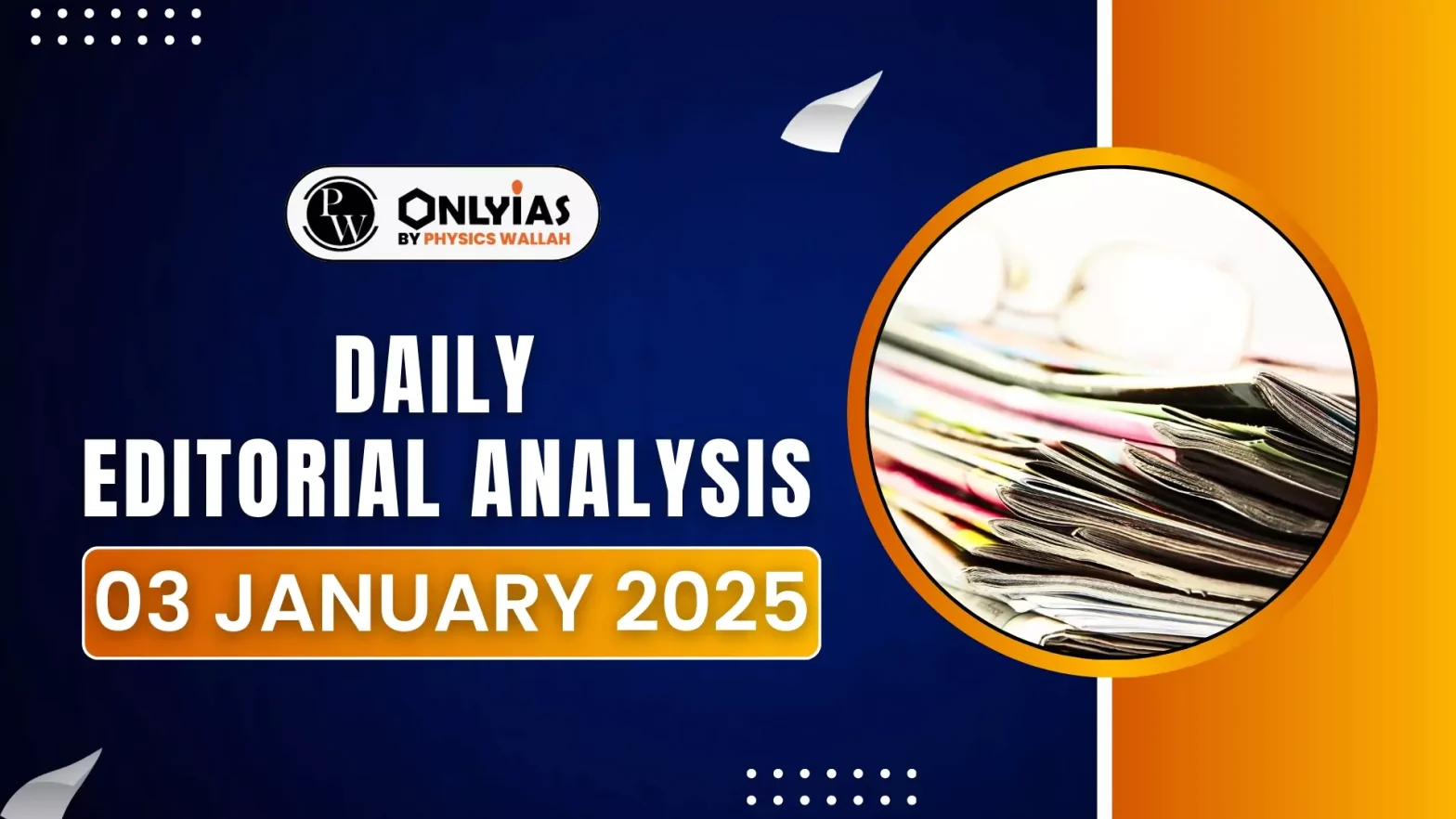Amidst ongoing efforts by India and Bangladesh to resolve issues that have strained their relationship, the demand for the extradition of Bangladesh’s Prime Minister, Sheikh Hasina, from India remains a contentious and unresolved issue.
Bangladesh’s Demand for Extradition
- Last week, Bangladesh’s interim regime sent a “note verbale” to New Delhi demanding the extradition of Sheikh Hasina to face charges, including corruption and crimes against humanity related to a police crackdown on student protesters.
- The India-Bangladesh Extradition Treaty of 2013, amended in 2016, outlines the procedure for extradition, which requires a more formal representation from Bangladesh to India.
- However, the legalities surrounding the extradition could lead to prolonged negotiations.
Enroll now for UPSC Online Course
India’s Stance on Sheikh Hasina’s Extradition
- Separation of Issues: India believes that Bangladesh should keep the extradition issue separate from other matters such as border and trade issues.
- The focus should be on resolving current issues rather than escalating tensions with the extradition request.
- Policy of Providing Refuge: India has long upheld its policy of providing refuge to individuals in need of asylum, as seen in its support for the Dalai Lama in 1959 despite international pressure.
- Given Sheikh Hasina’s history and her status as a guest in India, it is unlikely that India will accede to Bangladesh’s extradition request.
- Acknowledging Hasina’s Contribution: India believes Bangladesh should acknowledge the sacrifices made by Sheikh Hasina and her family for Bangladesh’s liberation, including the assassination of her father, Sheikh Mujibur Rahman, in 1975.
- Extradition and Legal Responsibility: India maintains that bringing Sheikh Hasina to justice should be the responsibility of a duly elected Bangladeshi government, not an interim regime.
- Bangladesh should address the legal issues and pursue accountability through appropriate legal frameworks and political processes.
Way forward
- India must recognize the political implications of Hasina’s statements made from Indian soil, as they could exacerbate tensions between the two countries.
- A careful cost-benefit analysis is needed to evaluate whether allowing such statements aligns with India’s broader diplomatic interests.
Check Out UPSC CSE Books From PW Store
Conclusion
Both India and Bangladesh must approach this issue diplomatically, ensuring that it does not derail their wider strategic and economic cooperation. The extradition matter should be handled in a manner that respects both legal processes and the historical context of their bilateral ties.
![]() 3 Jan 2025
3 Jan 2025

